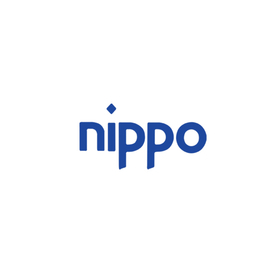[Column] Introduction to the Basics of Printed Circuit Board Design and Manufacturing
Introducing the essential knowledge of printed circuit boards, which are indispensable for products that use electronic components! Leave the design and development of circuit boards to Nippo!
A printed circuit board (PCB) is a general term for a "printed circuit board" that has electronic components such as ICs and resistors mounted on an insulating printed wiring board. Its main role is to provide electrical connections between the electronic components that make up the circuit. By efficiently connecting wiring in one place, it contributes to miniaturization, increased productivity, and cost reduction. There are two main types of printed circuit boards: ◆ Rigid boards These are made using hard insulators such as epoxy resin and are also called rigid substrates. They have the advantage of being strong, making it easier to mount electronic components. ◆ Flexible boards These are characterized by being thin and flexible, as they use plastic film as the substrate. They are used as connecting cables for movable parts of electronic components and for connections between boards or units. To manufacture a printed circuit board, it is necessary to implement all the electronic components used in the electronic circuit and design the patterns through which current will flow to connect each electronic component (artwork). Nippo offers a wide range of services, from the design of electrical and electronic circuits to the design of printed circuit boards and the construction of control systems. Please feel free to consult with us.
basic information
For more details, please download the PDF or feel free to contact us.
Price range
Delivery Time
Applications/Examples of results
For more details, please download the PDF or feel free to contact us.
catalog(1)
Download All CatalogsNews about this product(1)
Recommended products
Distributors
Nippo Corporation engages in a wide range of development, including the production of printed circuit boards and the construction of IoT cloud systems. We respond to customer needs with diverse technologies and equipment, including embedded software development, hardware development, and mechanical design (mechanical, sheet metal, and enclosures). We have over 60 years of extensive know-how and development achievements cultivated in many fields. We will support you with our technical expertise and proposal capabilities tailored to your requirements, so please feel free to contact us.






























